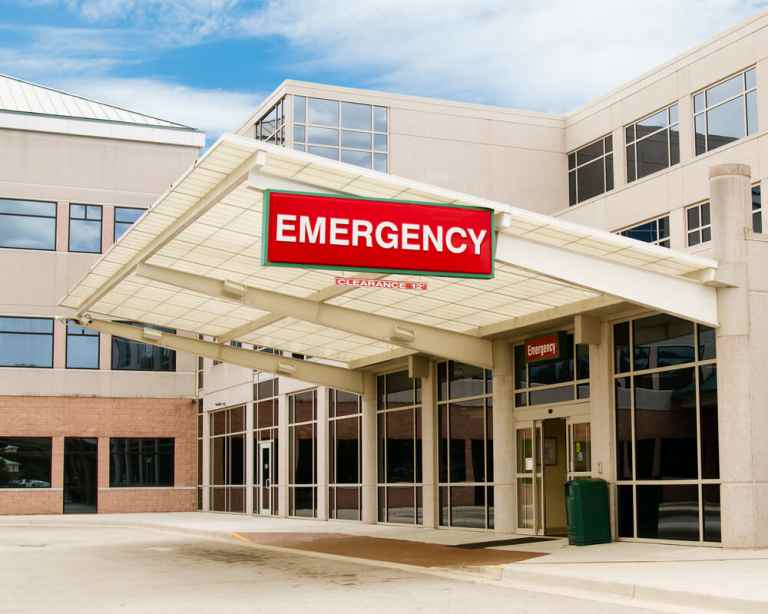From Medical Emergency to Debt Free: How I Paid Off My Debt
Ryan Nokes was a teenager when his parents gave him his first credit card with this very stern warning:
“This for emergency, emergency use only! Don’t use it, unless you absolutely have to!”
Nokes remembered that 10 years later when he pulled out some credit cards to take care of doctor and hospital costs from a medical emergency. The final bill came to around $14,000, which wouldn’t have been a big problem except he was in grad school and not working.
When bills came due, he couldn’t pay. First the card companies called. Then the bill collectors came calling. Then kept calling … and calling … and calling until Ryan decided to give InCharge Debt Solutions a call and ask for some help.
“I was overwhelmed,” he said. “But when I got on the phone with the counselor from InCharge, she had such a great attitude about this. I remember her saying ‘You sound really stressed, but you came to the right place for help.’ – She was right.”
InCharge credit counselors worked with Nokes’ creditors to dramatically reduce the interest rate on his cards and simplify his payments by consolidating his bills. They also stopped the calls from debt collectors – “That combination made a huge difference in my life,” Ryan said – and 34 months later, he paid off the last of his debts.
“This hasn’t been easy, but I have a learned a lot about dealing with stress and preparing for emergencies,” Nokes said.
Back when his parents gave him a credit card, they were thinking of common teenage dilemmas like running out of gas or a broken down car. They weren’t thinking about a blood clot forming in his leg and racing up to his lungs, or the seven-day hospital stay it took to get it under control.
Neither was Ryan, but that situation certainly qualified as an emergency. He was 25 at the time, had moved away from home to go to grad school and was long since removed from the care of Mom and Dad. But he still was in possession of a credit card. In fact, he had four of them and used each one to pay some portion of $14,000 worth of doctor and hospital bills.
Unfortunately, he had just started graduate school to become a physician’s assistant and wasn’t working. His student loans and stipend for grad school were barely enough to cover tuition, rent and food. When the unexpected medical emergency hit, he did what everybody does.
“I went into survival mode,” he said. “A lot of the other people in grad school had wives or husbands or family to give them a financial cushion in case of emergency. I had no one. I think I had missed only one credit card payment at that point, but then I started missing them every month.”
The missed payments prompted card companies to raise his interest rate from 19% to 29.9%. His balance shot through the roof. Creditors and bill collectors were calling him constantly. He struggled with the stress … until he got in touch with credit counselors at InCharge Debt Solutions.
“The first thing they did was get my interest rate reduced to 1%, which I couldn’t believe, even after I received notification from the card companies confirming it,” Nokes said.
“Then they got the calls to stop and all of that happened in the first week. You can’t imagine what a feeling of relief that was.”
Nokes finished grad school and got a good job working at a hospital in Las Vegas. He was making a good salary so he increased his payments by more than $200 a month and finished the 48-month payoff program in just 34 months.
“Kind of ironic that my problems started with a visit to a hospital and ended when I got a job at a hospital,” Nokes said. “What I’ve learned from all of this is that I need a rainy-day account, a savings account and a don’t-ever-touch-this-money account just in case the unexpected happens again.
“Nobody expects emergencies, but you can be prepared so you don’t have to go into credit card debt to bail yourself out.”

